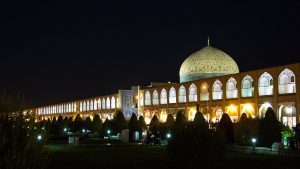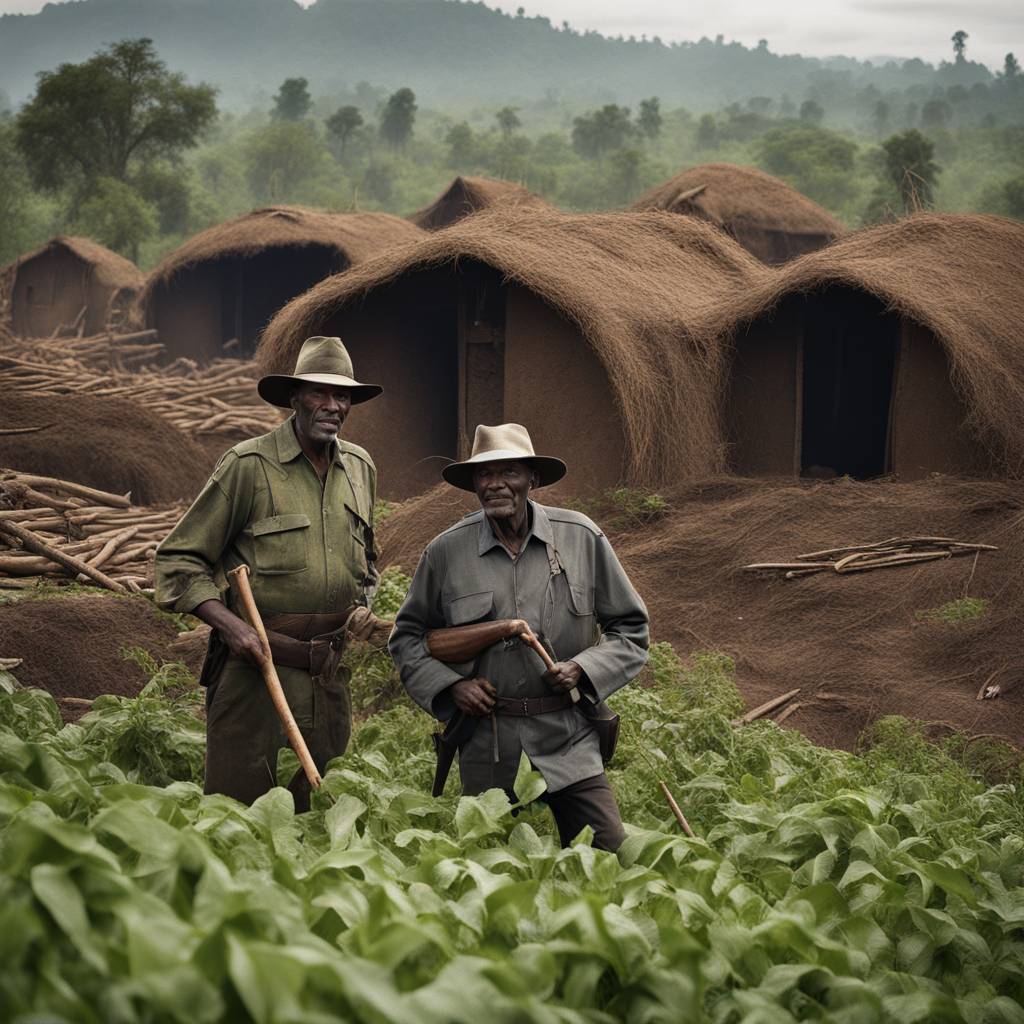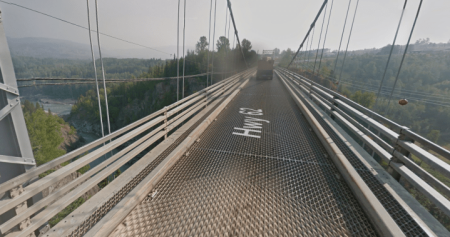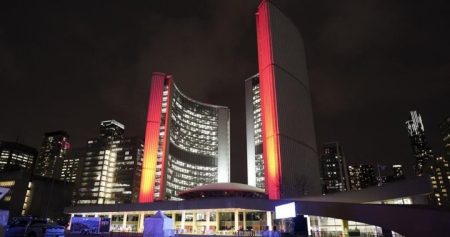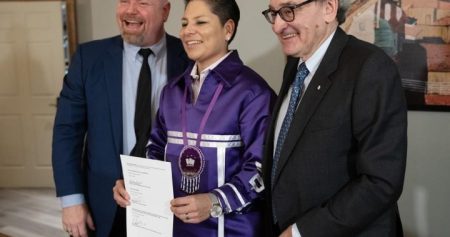Three decades after the Rwandan genocide, retired Canadian general Romeo Dallaire, who led the United Nations peacekeeping mission during the genocide, is cautiously optimistic that the world is moving towards a place where such brutality can never happen again. However, he remains concerned about the continued presence of genocide perpetrators and masterminds who have not been brought to justice, both in Africa and around the world, including in Canada. Dallaire emphasizes the importance of bringing justice to prevent nurturing genocidal hatred in future generations.
The Rwandan genocide occurred in 1994, where an estimated 800,000 Tutsi were killed by extremist Hutu in massacres that lasted over 100 days. The genocide was ignited by the shooting down of a plane carrying President Juvénal Habyarimana, resulting in gangs of Hutu extremists killing Tutsi and those who tried to protect them. The Rwandan Patriotic Front, led by current President Paul Kagame, ended the genocide. Many Hutu leaders and supporters fled the country to various parts of the world.
Recent tensions have been building between Rwanda and the Democratic Republic of Congo, with military buildups on the shared border and accusations of supporting violent insurgents. Dallaire criticizes the United Nations Assistance Mission for Rwanda for failing to stop the genocide, attributing the failure to interference from the United States and other U.N. Security Council members. He expresses concerns about the underlying issues not being fully resolved, leading to the potential for violence or genocide to break out again.
Despite criticisms of President Kagame for suppressing dissent, he is praised for maintaining relative peace and stability by addressing ethnic divisions using legal means and other measures. Since the genocide, Dallaire has testified at trials around the world, including the 2007 trial of Desire Munyaneza in Montreal, the first trial under Canada’s Crimes Against Humanity and War Crimes Act. Dallaire acknowledges the challenges of prosecuting genocidaires due to lack of funding for trials.
Dallaire remains hopeful that the younger generations, both in Rwanda and around the world, will move towards peace and away from conflict and brutality by mastering global communications. He emphasizes the importance of women having a greater influence in male-dominated institutions and governments. Officials and members of the Rwandan diaspora in Canada marked the 30th anniversary of the genocide with a march in Ottawa and a commemorative ceremony.
In conclusion, Dallaire’s optimism for a future free of genocide is tempered by the need for justice and resolution of underlying issues in conflict-prone regions like Rwanda and the Congo. Despite challenges in bringing perpetrators to justice, he believes that the younger generations have the potential to move humanity towards lasting peace and away from violence and conflict. The commemoration of the 30th anniversary of the Rwandan genocide serves as a reminder of the importance of preventing such atrocities in the future.
